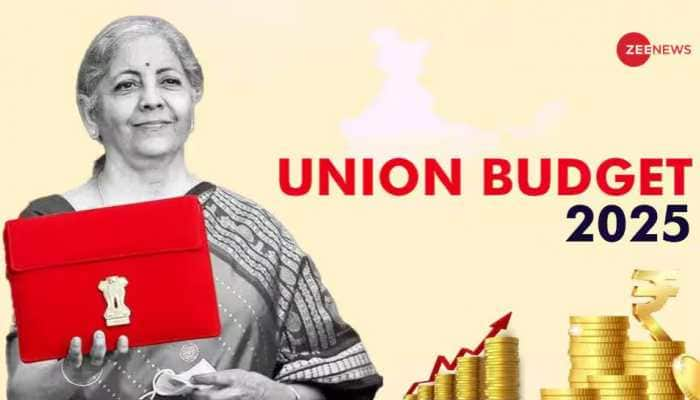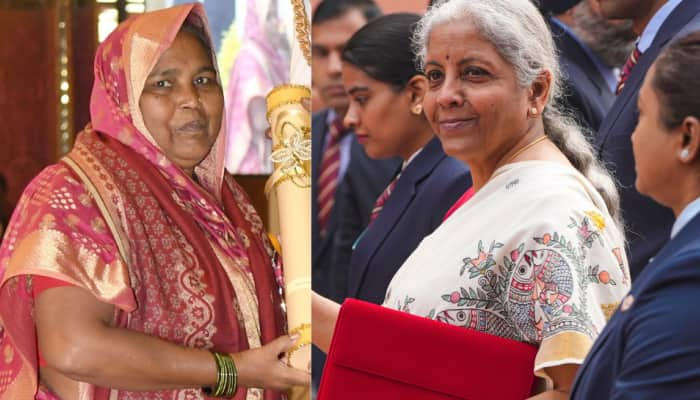It always angers me when I am called `Bollywood`: Rakeysh Omprakash Mehra
Rakeysh Omprakash Mehra, known for his films like `Rang De Basanti` and `Delhi 6`, says his anger at being referred to as a `Bollywood` filmmaker led him to make a documentary on what the widely-used term signifies.
Trending Photos
)
Mumbai: Rakeysh Omprakash Mehra, known for his films like `Rang De Basanti` and `Delhi 6`, says his anger at being referred to as a `Bollywood` filmmaker led him to make a documentary on what the widely-used term signifies.
The 48-year-old believes that terming the Hindi film industry as Bollywood has led to the loss of its identity.
"We were never Bollywood. We have lost our identity. We are the Hindi film industry and I have a lot of pride in that because great masters here have made great movies.
"It always angers me when I am called `Bollywood`. People talk like that all over the world because it`s easier for them to identify, but people in the country referring to it that way is disappointing," Rakeysh told PTI.
Even though all his movies have starred Bollywood actors and "Rang De Basanti" was a huge commercial hit, the director says it was not a typical mainstream film.
"It did well at the box office and became a blockbuster but the film was not designed like that. Rang De Basanti is not a Bollywood film," he said.
His documentary, titled "Bollywood: The Greatest Love Story Ever Told", is his attempt to recognise why Hindi films are termed so by people.
"I was getting fed up with the idea of being called `Bollywood`. The irony of the title is that I named the documentary `Bollywood`. I thought of going down this route to find out where is Bollywood. The process behind the documentary started like that," said Rakeysh.
"It is a love affair of two million people across the globe with cinema which has stood on its own, withstanding the onslaught of Hollywood."
The docu-film, co-directed by Rakeysh and American
filmmaker Jeff Zimbalist, identifies the various socio-political issues reflected in our films over the years.
"I wanted to show the social and economic changes our cinema has reflected. The iconic moments in cinema have always reflected a milestone of change in the country, whether it was the leaving of the British and the birth of a new nation, or the disillusionment with that nation - wars, famines which led to the birth of escapism."
Rakeysh`s own films have dealt with one issue or the other, be it corruption in the system in "Rang De Basanti" or communal feuds in "Delhi 6". Both films won National awards. But the director says cinema cannot bring about a change in society.
"Movies can never bring in change, a change can bring in movies. The job of cinema is to entertain but when you tell a story there has to be a moral. There`s a huge responsibility somewhere deep down that our stories should deliver a message," he said.
"I have made anti-system movies and now I feel that there is a new order. But that will only happen if the younger generation steps into politics and the governance of the country," he added.
His documentary, which includes interviews of Hindi cinema legends like Dev Anand and Amitabh Bachchan, has been to various film festivals, including Cannes 2011.
"It has been to 25 festivals and was the only Indian film to have been a part of the official selection at Cannes after 20 years. It got a great response. Since then it has gone all over the world.
"It`s being screened on television around the world and now we`ll bring it to India. We are considering releasing it in theatres," Rakeysh said.
PTI
Stay informed on all the latest news, real-time breaking news updates, and follow all the important headlines in india news and world News on Zee News.
Advertisement
Live Tv
Advertisement







)
)
)
)
)
)
)
)
)
)

